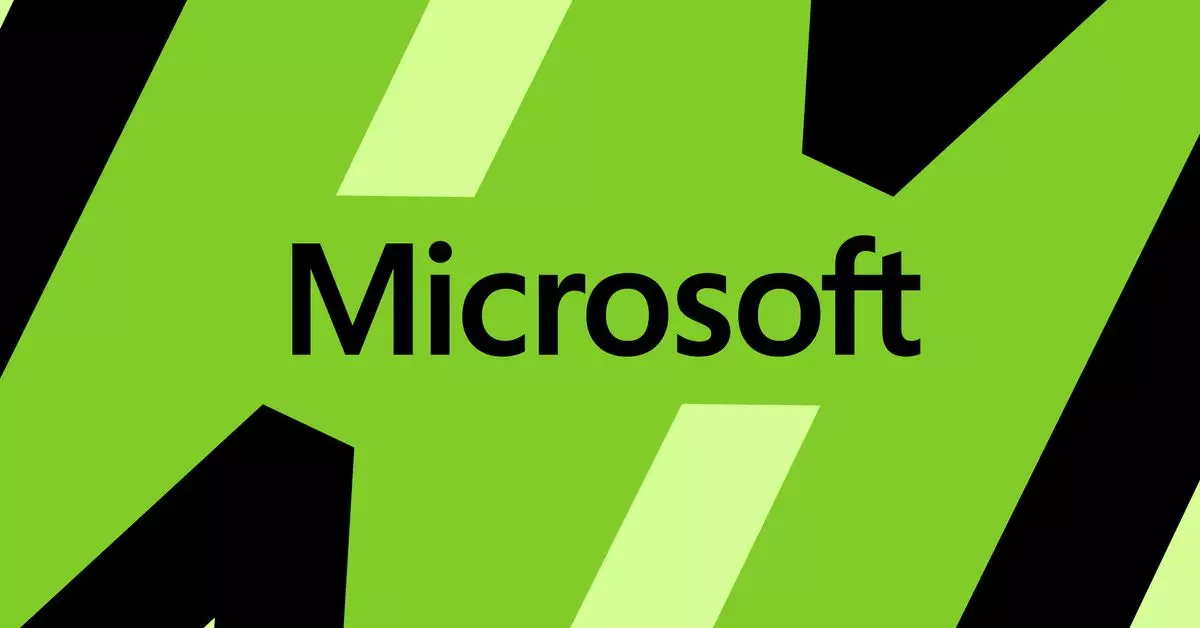In the world of artificial intelligence, Microsoft has recently made a significant leap forward with the launch of its new lightweight AI model, Phi-3 Mini. This model, with 3.8 billion parameters, is the first of a series of smaller models that the tech giant plans to release in the near future. Microsoft’s Phi-3 Mini is trained on a smaller dataset compared to larger language models like GPT-4 and offers promising capabilities for various applications.
Microsoft’s Phi-3 Mini is now available on Azure, Hugging Face, and Ollama, making it accessible to developers and users alike. This new model represents a shift towards more efficient and cost-effective AI solutions, as smaller models tend to perform better on personal devices such as phones and laptops. According to Eric Boyd, corporate vice president of Microsoft Azure AI Platform, Phi-3 Mini is on par with larger language models like GPT-3.5, providing high-quality responses in a more compact form.
Microsoft’s focus on lightweight AI models is part of a broader trend in the industry. Other tech companies, including Google and Meta, have also developed their own small AI models tailored to specific tasks such as document summarization, coding assistance, and simple chatbots. Google’s Gemma and Meta’s Llama are examples of these lighter-weight models that offer specialized capabilities for different applications. The rise of lightweight AI models reflects a shift towards more efficient and targeted AI solutions that meet specific needs.
Microsoft’s approach to developing Phi-3 Mini is innovative and strategic. By training the model with a “curriculum” inspired by how children learn from simplified language structures, Microsoft has been able to enhance the model’s capabilities in coding and reasoning. While Phi-3 Mini may not match the breadth of larger language models like GPT-4, it excels in customized applications where smaller datasets are common. This tailored approach to AI development underscores the importance of adaptability and versatility in the rapidly evolving field of artificial intelligence.
As Microsoft continues to expand its Phi-3 model series with Phi-3 Small and Phi-3 Medium, the possibilities for lightweight AI models are vast. These models offer a cost-effective and efficient alternative to larger and more resource-intensive models, opening up new opportunities for innovation and customization in AI applications. By focusing on lightweight AI models, companies can optimize their operations and enhance their user experiences in a rapidly changing digital landscape.
Microsoft’s Phi-3 Mini represents a significant milestone in the development of lightweight AI models. With its compact size, high performance, and cost-effective nature, Phi-3 Mini paves the way for a new era of AI applications that are tailored to specific needs and optimized for personal devices. As the demand for efficient and customizable AI solutions continues to grow, lightweight models like Phi-3 Mini will play an increasingly important role in shaping the future of artificial intelligence.


Leave a Reply